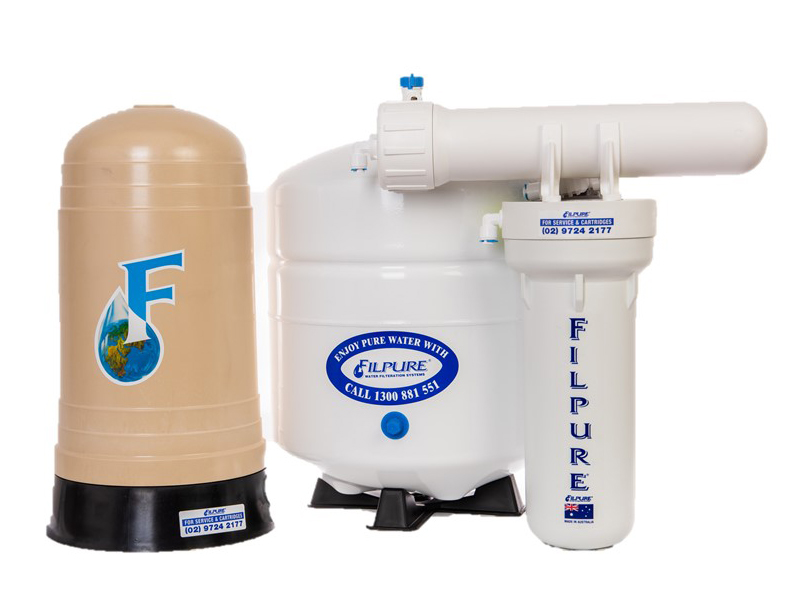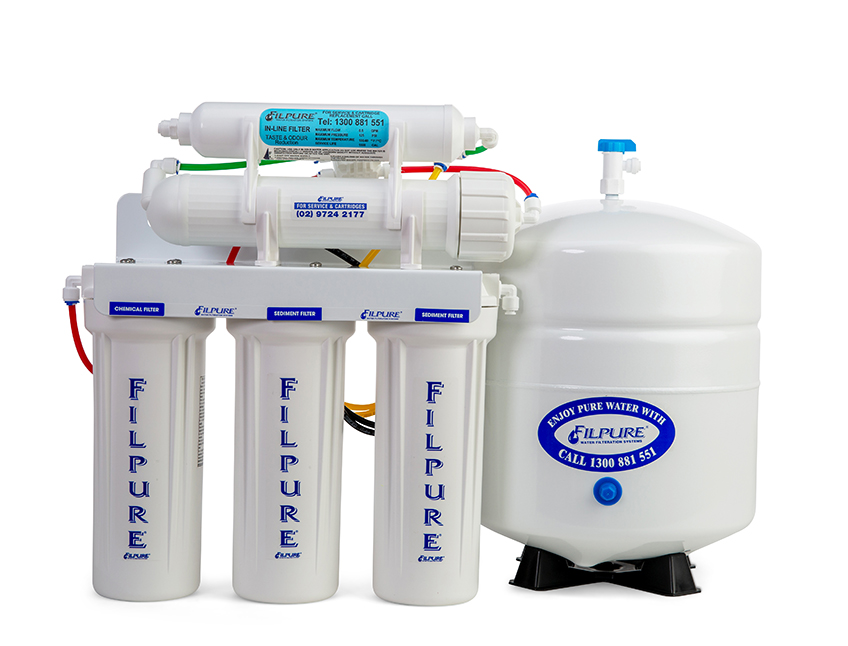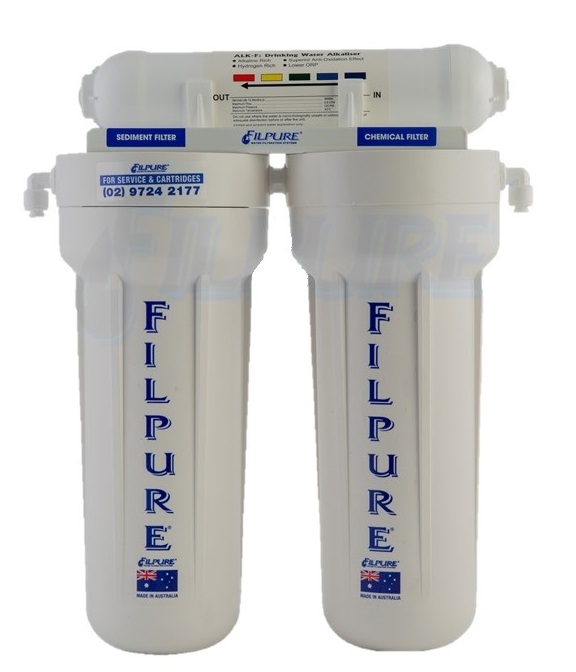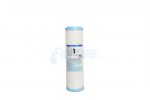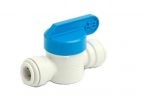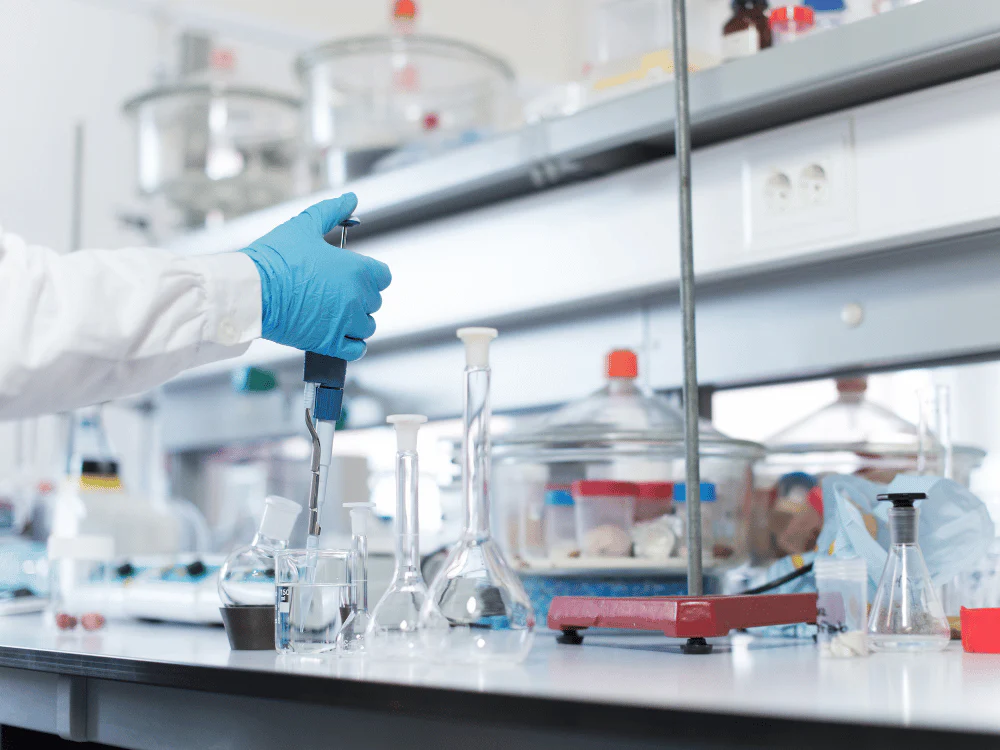
How Pharmaceuticals in Our Drinking Water Affect Health
Impact of Pharmaceuticals in Drinking Water on Health
Are you concerned about what might lurk in your drinking water? The answer might surprise you. Pharmaceutical drugs have been found in drinking water supplies in both the United States and Australia. Studies have shown that pharmaceuticals, including antibiotics, hormones, and antidepressants, are detected in US drinking water supplies. These contaminants can harm human health, especially for vulnerable populations such as pregnant women and young children. Studies have found that pharmaceuticals are present in anywhere from 2.3% to 60% of domestic or public-supply wells in the United States.
Reverse Osmosis Systems for Pure Water
Pharmaceutical drugs in drinking water are a worrying trend and are becoming increasingly prevalent. Pharmaceuticals are discharged into our environment through sewage, wastewater, and agricultural runoff. These contaminants then enter our water supplies, where they are consumed. Studies have shown that pharmaceuticals can be found in drinking water in both low and high concentrations. Drugs such as antibiotics, hormones, antidepressants, and painkillers have been found in drinking water supplies in different parts of the world. The extent of these concentrations can vary, depending on the source and contamination. Pharmaceuticals in drinking water raise concerns about potential health risks and water treatment regulations.
Sources of Pharmaceuticals
Manufacturing Plants and Effluents
Pharmaceuticals enter our water systems from various sources. One major source is effluent from manufacturing plants. Studies have shown that pharmaceuticals are detected downstream from plants discharging into streams, sometimes as far as 30 kilometers away. Manufacturing plants are not the only culprits; the livestock industry also contributes significantly by using antibiotics and drugs.
Agriculture and Livestock
Agriculture is another major source of pharmaceutical contamination. Large-scale poultry and livestock operations generate significant animal waste containing hormones and antibiotics. These substances can leach into groundwater, further contaminating our water supplies.
Healthcare Institutions
Healthcare institutions also play a role in pharmaceutical pollution. Medications are often disposed of improperly, with nursing homes being a notable contributor due to different disposal practices compared to hospitals. Pharmaceuticals can end up in our water systems when medications are flushed down the toilet or drain.
Personal Use and Disposal
Individuals contribute to pharmaceutical pollution through improper disposal and use of medications. Drugs that are not fully metabolized in the body are excreted and enter the wastewater system. Additionally, topical medications can wash off and enter water supplies. Proper disposal methods are crucial to minimizing this type of pollution.
Whole House Water Filtration for Comprehensive Protection
Whole house water filtration systems provide a comprehensive solution to removing contaminants from all water sources in your home. These systems ensure that every tap, shower, and appliance is supplied with clean, filtered water, protecting you from the harmful effects of pharmaceuticals and other pollutants.
Studies and Findings
Available studies have reported that concentrations of drugs in surface waters, groundwater, and partially treated water are typically less than 0.1 µg/l (or 100 ng/l), and concentrations in treated water are generally below 0.05 µg/l (or 50 ng/l). The effects of these drugs on drinking water can range from mild to severe, depending on the type of drug and concentration. Potential health risks include bacterial resistance from antibiotics, endocrine disruption from hormones, and dizziness or nausea from painkillers.
Global Presence
Pharmaceutical contamination is not confined to the United States. More than 100 pharmaceuticals have been detected in lakes, rivers, reservoirs, and streams worldwide. Studies have found these contaminants in waters throughout Asia, Australia, Canada, and Europe, including Swiss lakes and the North Sea.
Under Sink Water Filters for Targeted Filtration
Under sink water filters offer a convenient and effective way to ensure the water you drink and cook with is free from pharmaceuticals and other contaminants. These systems can be installed directly under your sink, providing clean, filtered water on demand.
Removal Methods
There are several methods used to remove pharmaceuticals from water, including:
- Activated Carbon Adsorption: Activated carbon is a porous material that absorbs pollutants, including pharmaceuticals, from water. It is effective in removing some pharmaceuticals such as ibuprofen and naproxen.
- Reverse Osmosis: This process removes dissolved solids, including pharmaceuticals, by forcing water through a semi-permeable membrane under high pressure. The Filpure Reverse Osmosis New 2024 System is a standout among filtration methods, incorporating advanced technology to ensure a mineral-rich and healthful end product.
Best Practices to Reduce Pharmaceutical Footprints
Reducing the pharmaceutical footprint can be achieved through several practices:
- Proper Disposal: Dispose of unused or expired medications responsibly to prevent them from entering water systems.
- Efficient Production: Pharmaceutical companies can minimize their environmental impact by using energy-efficient manufacturing methods and sustainable packaging.
- Encouraging Greener Healthcare: Healthcare providers can promote healthier lifestyles and prescribe medications with fewer environmental impacts.
- Collaboration: Collaboration between pharmaceutical companies, healthcare providers, and policymakers can lead to innovative solutions for reducing pharmaceutical pollution.
Conclusion
Understanding the risks associated with pharmaceuticals in drinking water is crucial for protecting human health. While it may be challenging to eliminate these contaminants entirely, we can take steps to reduce our environmental footprint and ensure cleaner water supplies. Filpure Water Filtration Systems in Sydney offers advanced filtration solutions such as reverse osmosis systems, whole house water filtration systems, and under sink water filters to help protect your family from the harmful effects of pharmaceuticals and other pollutants in drinking water.


